How do you sleep? Have you found a tried and tested remedy that helps you get a restful night? Or a tip that’s transformed your nighttime troubles?
As part of our sleep survey we asked readers in Tayside and Fife to recommend the best ways they’ve found to get a good night’s sleep.
We received hundreds of suggestions – with many readers telling us they’ve managed to change their restless nights into peaceful slumber.
Here are their seven top tips.
1. Open windows and shut out the light
It may sound obvious but if you are too warm, or your room is too bright your body may struggle to take the cues that it’s shutdown time.
Those who took our sleep survey agree, saying:
- “Shower, cool bedroom, cotton bedding and eye mask work for me.”
- “Having worked shifts for many years I used to have terrible sleep quality. I recommend a cool and well ventilated room.”
2. Make sure you’re tired enough
Even something as simple as a walk around the block or getting out into the fresh air can help ensure you’re really ready for sleep, Courier readers advised.
- “Get outside more, especially before bed. We often go for a long, relaxing dog walk (well as relaxing as it can be with a one-year-old working Lab) before bed and it helps everyone to wind down after a long day.”
- “Yoga really helped me. The breathing techniques helped with bedtime meditation.”
- “Plenty of exercise during the day helps.”
3. Take the weight
Some readers said that using a weighted blanket, a pillow or putting a dressing gown on top of their bedding helped them relax into sleep.
- “Have a consistent sleep schedule so your body knows what to expect. A weighted blanket can help those with anxiety.”
- “I have a pillow on my chest longways down my torso just under my chin, underneath a normal kingsize duvet. I fall asleep within minutes flat on my back.”
4. Go easy on snacks
Eating before bedtime, say readers, can interfere with a restful night.
- “I avoid eating or drinking for an hour or two before bed. I found having cheese or chocolate definitely led to a restless night.”
- “No food or drink after evening meal. Same bedtime every night works for me.”
5. Wind down your mind
Banning screens from the bedroom came up time and time again for our readers. And they love a good book to help drift off!
- “Listen to or read a book, keep phone out of room, make sure you have a really comfortable pillow – I use a huge full body one which helps with sore back and is so comfy.”
- “If I get up in the night to the toilet I then listen to a favourite audiobook or podcast. Being absorbed in a storyline sends me straight back to sleep. If I don’t do that my thoughts will keep me awake. Its a great trick.”
With guided lessons on mindfulness, parenting, and sleeping like a baby, Headspace is the everyday app for feeling better. pic.twitter.com/3dW0T1RE6a
— Headspace (@Headspace) October 3, 2022
- “Stay off your phone! I got a new one from my daughter that opened up a whole new world! It has DEFINITELY impacted on what time I go to sleep. Am trying to change this by going back to reading my books again.”
- “I read before bed and use Soundscapes on the Headspace app.”
6. Cut the caffeine
These readers say ditching stimulants before bed is a must.
- “I drink herbal sleep tea at bedtime and occasionally listen to a bedtime story online.”
- “Avoiding caffeine (coffee, tea, chocolate) from 5pm, 2-3pm if particularly sensitive to caffeine.”
7. Take your focus off sleep
Calming your mind by writing down three things you’re grateful for, or things to deal with tomorrow if they are still floating around your head, was a great tip from one reader.
And trying not to stress about how much sleep you’ll get.
- “Lie on your back and stay still for 10 minutes then you’ll eventually drift off.”
- “Relax the body. Tense your muscles for a few seconds and then release. Repeat if needed.”
- “If stressed, watch or read something to either take your mind off it, cheer you up or make you laugh.”
- “Take the focus off of sleep. Don’t think about how many hours you have or haven’t had. Take off all tracking devices.”

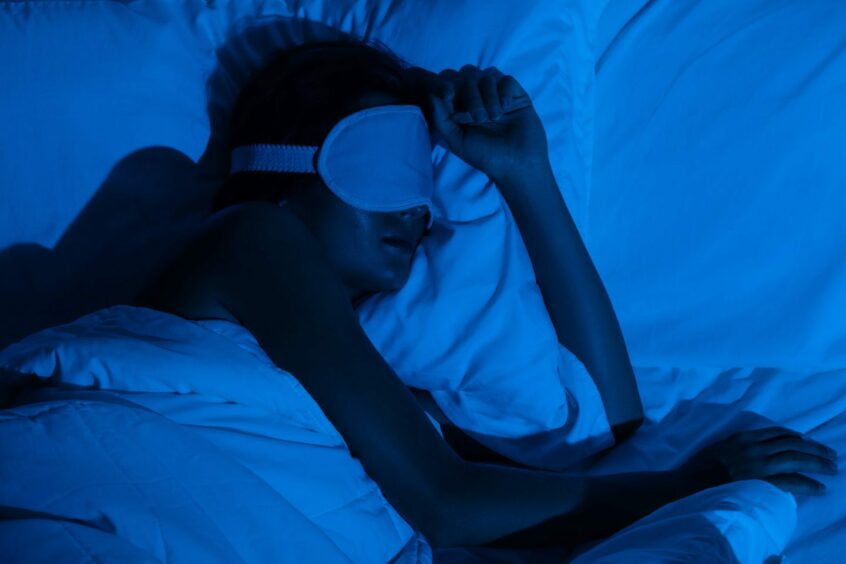
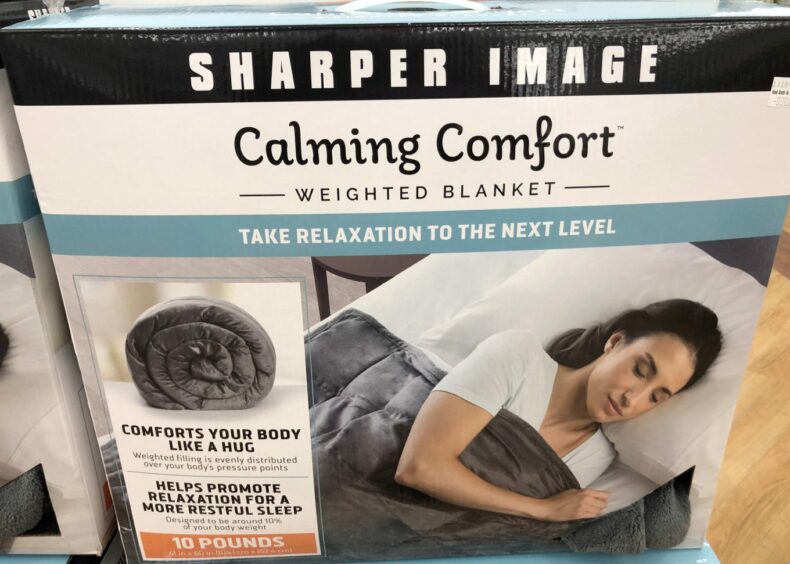
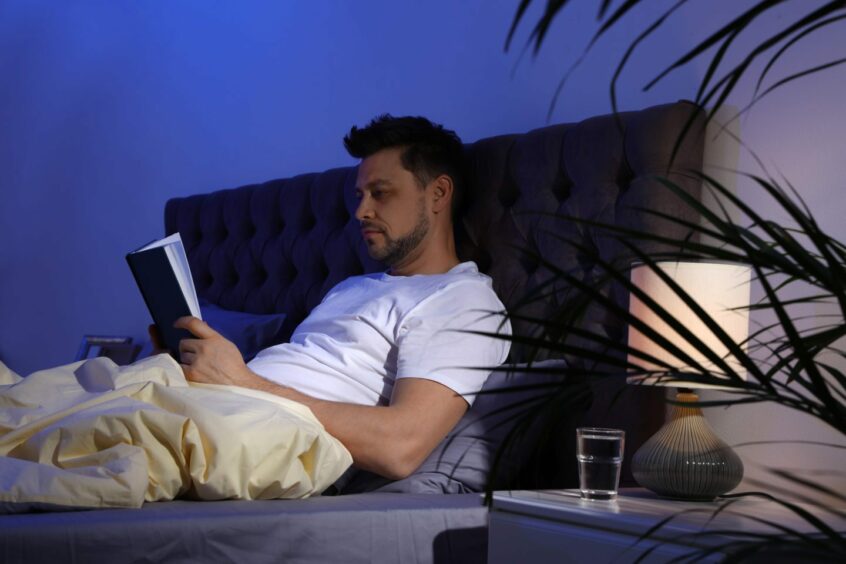
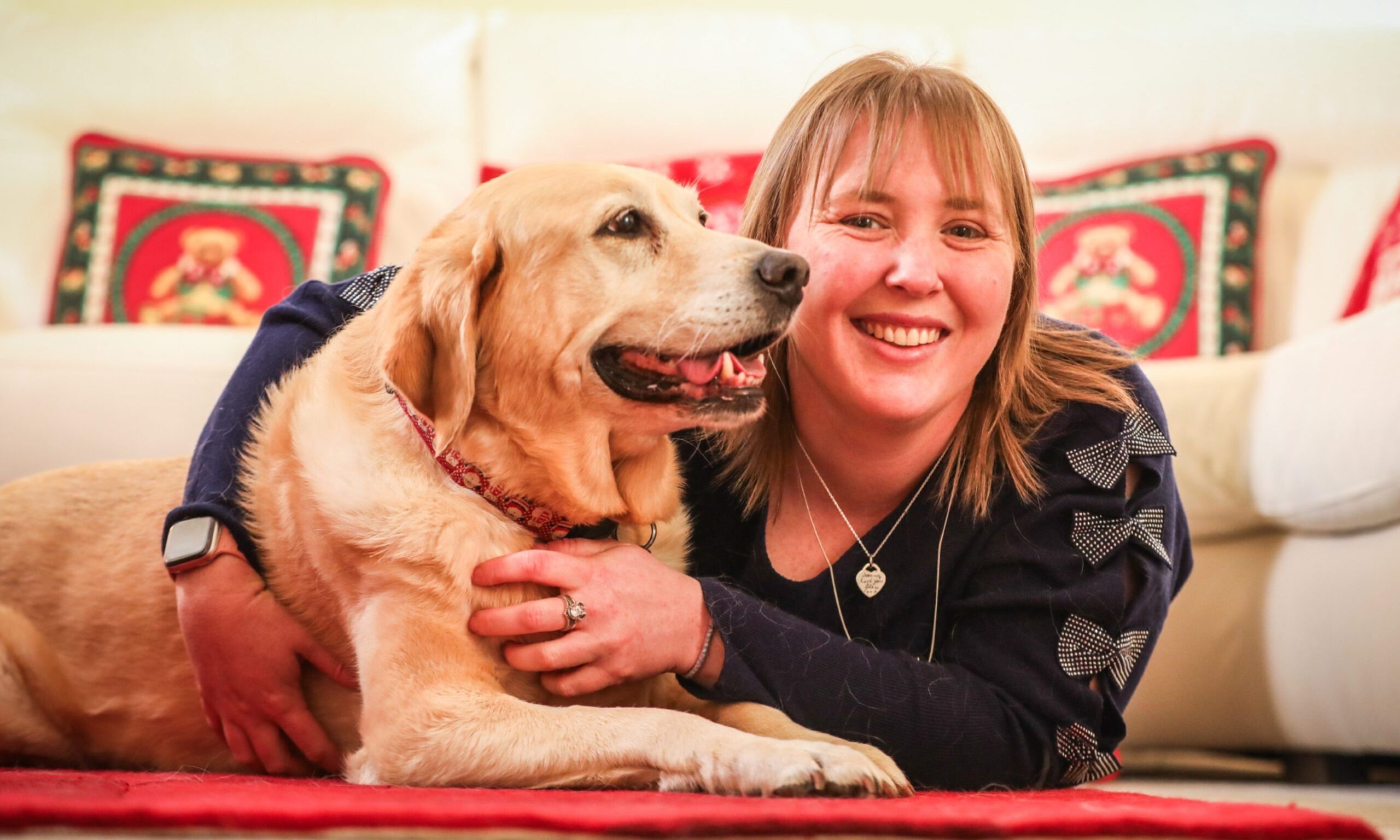


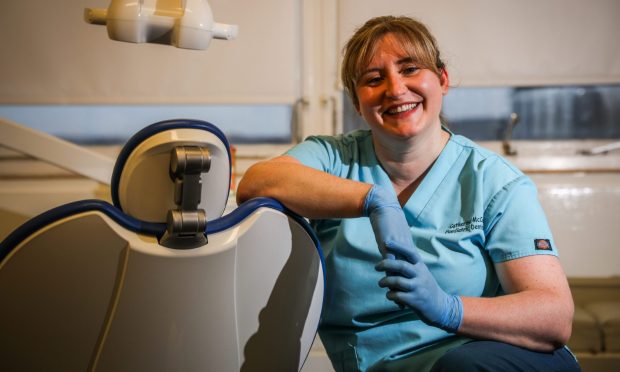





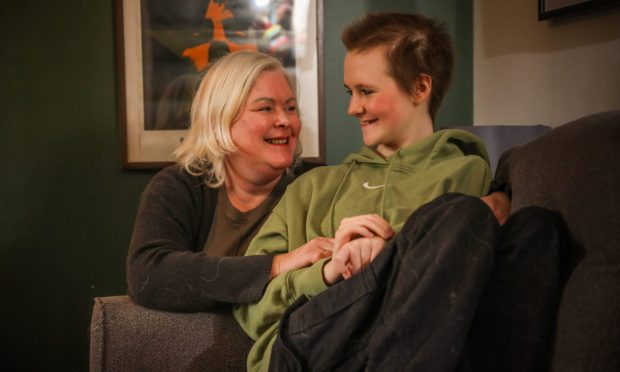
Conversation